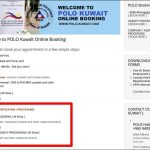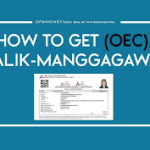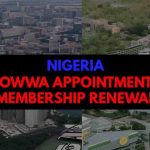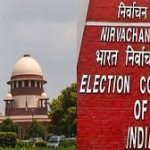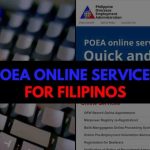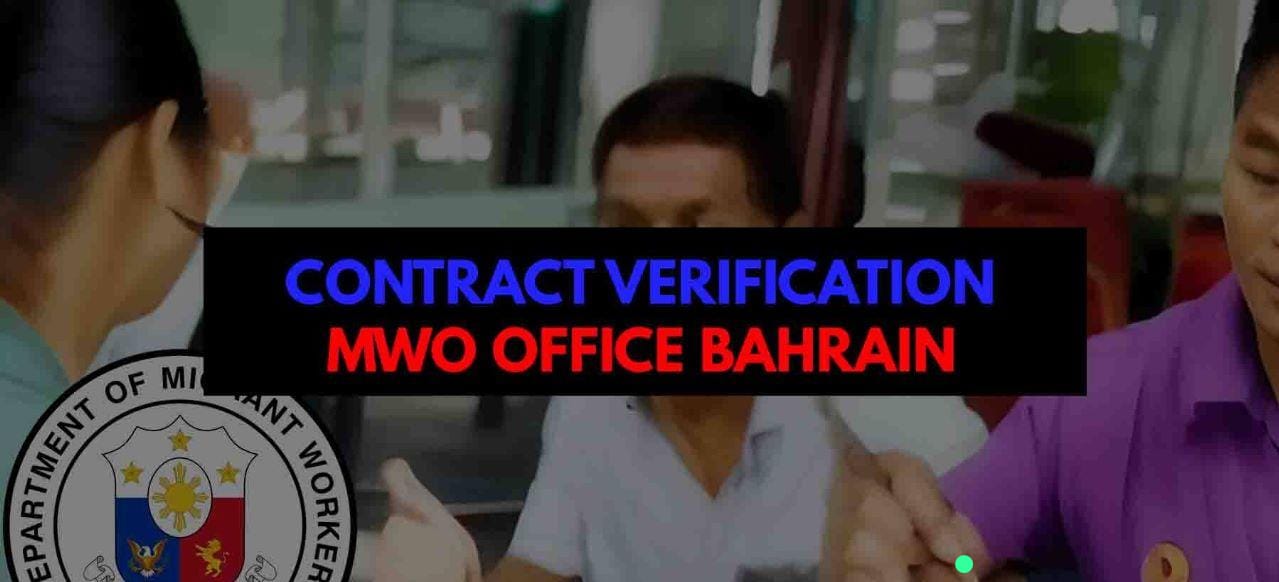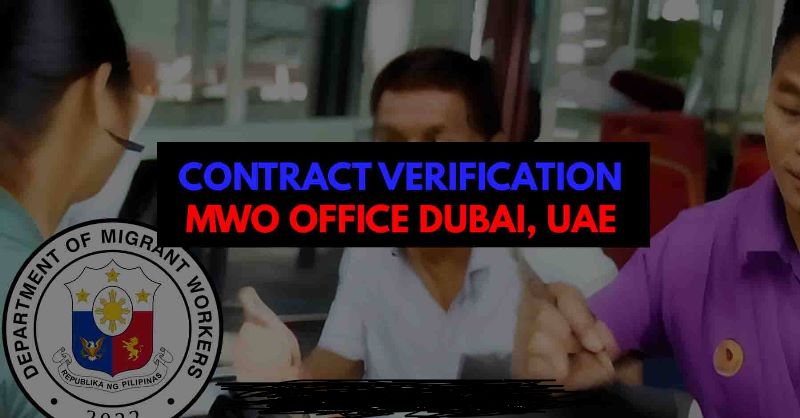President Bongbong Marcos Jr. Proposes Automation of OEC Certificate and Contract Verification for OFWs
In his inaugural State of the Nation Address (SONA), Philippine President Ferdinand Romualdez “Bongbong” Marcos Jr. announced his intention to collaborate between the Department of Migrant Workers (DMW) and the Department of Information and Communications Technology (DICT) to automate the process of issuing Overseas Employment Certificates (OEC) and contract verification for Overseas Filipino Workers (OFWs). The news was met with enthusiasm and optimism by the public.OEC and Contract Verification Online Smartphone Process
The proposed automation of the OEC certificate and contract verification system aims to streamline and simplify the process for OFWs, making it more convenient and accessible through smartphones. Currently, OFWs are required to personally visit the Philippine Overseas Labor Office (POLO) or the Philippine Overseas Employment Administration (POEA) to obtain the necessary documents, which can be time-consuming and burdensome.
By leveraging technology, President Bongbong Marcos Jr. envisions a future where OFWs can complete the entire process of acquiring OEC certificates and verifying their contracts using their smartphones. This development would significantly reduce the need for physical visits to government offices, saving time and effort for OFWs.
Automating the issuance of OEC certificates and contract verification for OFWs would not only enhance convenience but also contribute to the overall efficiency of the system. It would allow the government to handle a larger volume of applications more effectively and reduce the potential for errors or delays in the processing of documents. The streamlined process would also facilitate better coordination between the DMW and the DICT, ensuring a smoother experience for OFWs.
The announcement made during President Bongbong Marcos Jr.’s first SONA signals the government’s commitment to leveraging technology to improve services and support for OFWs. The move aligns with the growing trend of digital transformation in various sectors, and it reflects the administration’s recognition of the importance of OFWs and their contributions to the Philippine economy.
The proposal to automate the OEC certificate and contract verification system demonstrates a positive step towards harnessing technology to simplify bureaucratic processes and enhance the overall experience for OFWs. If successfully implemented, it has the potential to greatly benefit Filipinos working abroad by reducing administrative burdens and providing a more efficient and accessible system for acquiring necessary documentation

What is the Overseas Employment Certificate (OEC)?
The OEC, or Overseas Employment Certificate, is a mandatory clearance document for Filipinos who are leaving the country for employment purposes. This certificate is obtained from the POEA (Philippine Overseas Employment Administration). It is important to note that Filipinos are not allowed to leave the country without presenting the OEC certificate at the immigration counter in the airport.
What is the Contract Verification?
“Contract verification is a document that serves to confirm whether the working conditions of an Overseas Filipino Worker (OFW) abroad comply with the standards established by the Philippine government. OFWs typically need to verify their contracts in cases where they have changed employers or when their overseas employment is not yet recorded in the POEA (Philippine Overseas Employment Administration) system.”
Why is there are need for automation of these certificates?
The automation of these certificates is crucial in simplifying the process for our fellow countrymen who are working hard to support their families back home. By implementing automation, they will no longer have to face the inconvenience of taking leave from work just to obtain their documents.
Prioritizing the needs of Overseas Filipino Workers (OFWs) is one of the key directives of the president, and it falls under the responsibilities of the newly-established Department of Migrant Workers (DMW) office.
Numerous services for OFWs have been announced, including the One Repatriation Command Center (ORCC) and the OFW Children’s Circle community. It is our hope that these programs will contribute to improving the lives of our fellow Filipinos working abroad.
The automation of Overseas Employment Certificates (OECs) issuance will benefit OFWs in several ways. Firstly, it will expedite the acquisition of their OECs, making the process faster and more efficient. Secondly, it will ensure that they have the necessary documentation before leaving the country, thereby reducing the likelihood of complications while working abroad. Lastly, it will enable them to easily keep track of their OECs, allowing for timely renewal.
By streamlining the certification process through automation, we aim to provide a more convenient and reliable system for our hardworking kababayans.
EC and Contract Verification to Become Digital
ANC 24/7 recorded a video of the president’s instructions to DMW and DICT concerning the OEC and contract verification, as well as OFWs’ future plans:
Summary
The President has made an announcement regarding the collaboration between the Department of Migrant Workers (DMW) and the Department of Information and Communications Technology (DICT). Their joint efforts will focus on enabling the issuance of Overseas Employment Certificate (OEC) and contract verification for Overseas Filipino Workers (OFWs) through smartphone applications.
The purpose of automating these processes is to simplify the procedures for our hardworking kababayans who are supporting their families back home. By implementing this system, OFWs will no longer need to go through the inconvenience of taking leave from work in order to obtain their necessary documents.
The announcement has received positive reception from numerous individuals, recognizing the convenience it will bring to OFWs in obtaining their essential paperwork. As the welfare of OFWs remains a primary concern, it is hoped that these initiatives will contribute to improving the lives of our kababayans.

